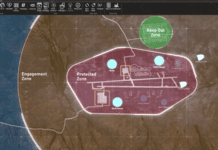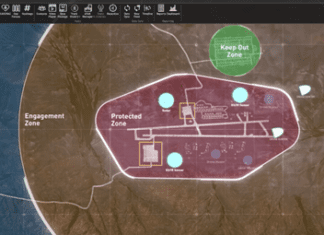This post is also available in:
 עברית (Hebrew)
עברית (Hebrew)
Europe has published common rules for the use of drones which will replace national regulations that may have already been implemented by individual EU countries. The European Union Aviation Safety Agency (EASA) says the universal regulations are intended to help drone operators of all stripes have a clear understanding of what is and is not allowed.
Having a common set of rules will also means drones can be operated across European borders without worrying about differences in regulations. “Once drone operators have received an authorisation in the state of registration, they are allowed to freely circulate in the European Union. This means that they can operate their drones seamlessly when travelling across the EU or when developing a business involving drones around Europe,” according to EASA.
Member States still got another year, until June 2020, to prepare to implement the requirements. One of the substantial requirements is that the majority of drone operators will need to register themselves before using a drone, either where they reside or have their main place of business.
The pan-EU framework creates three categories of operation for drones:
open’ (for low-risk craft of up to 25kg), ‘specific’ (where drones will require authorization to be flown) or ‘certified’ (the highest risk category, such as operating delivery or passenger drones, or flying over large bodies of people) — each with their own set of regulations. The rules also include privacy provisions, such as a requirement that owners of drones with sensors that could capture personal data should be registered to operate the craft (with an exception for toy drones).
Member states will retain the ability to set their own no-fly zones — such as covering sensitive installations/facilities and/or gatherings of people.
Given the registration requirement, and a stipulation that new drones must be individually identifiable, the common rules will reduce the likelihood of another major disruption — such as the unidentified drone sightings that ground flights at Gatwick Airport.
“Europe will be the first region in the world to have a comprehensive set of rules ensuring safe, secure and sustainable operations of drones both, for commercial and leisure activities. Common rules will help foster investment, innovation and growth in this promising sector,” adds Patrick Ky, EASA’s executive director.


























